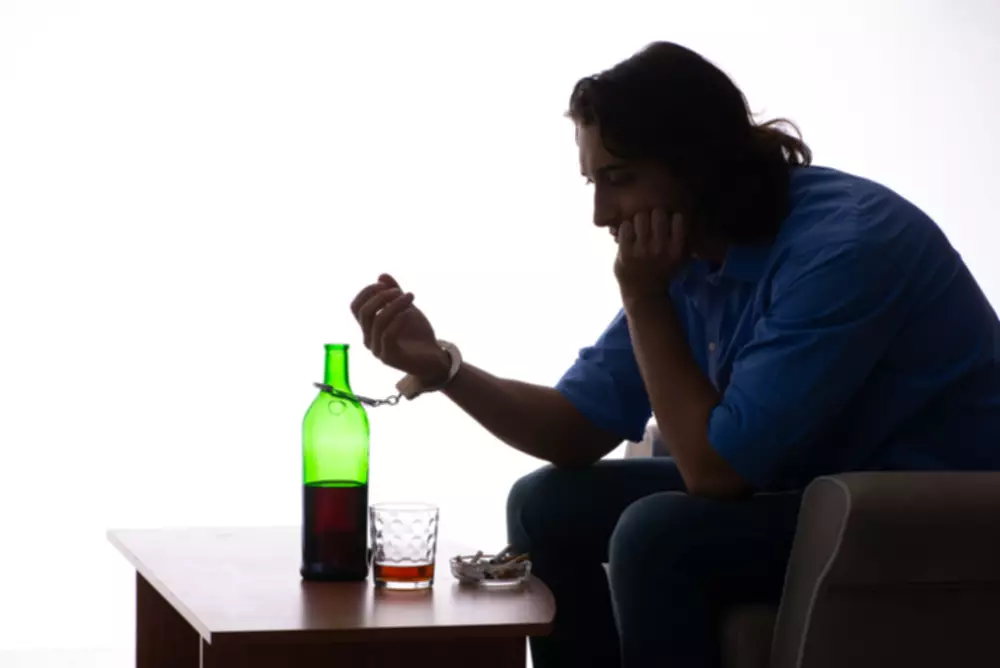
Obesity greatly increases your risk of obstructive sleep apnea, which is a common cause of daytime fatigue. It’s also linked to increased daytime sleepiness regardless of sleep apnea, suggesting that obesity directly affects the sleep cycle. During the second half of the night, sleep becomes more actively disrupted. The rebound effect may include more time in REM—a lighter sleep stage from which it is easy to be awakened. Alcohol disrupts the natural sleep cycle, preventing you from reaching the deeper stages of sleep (like REM sleep) that are crucial for feeling rested. Even if you sleep for many hours, the quality of that sleep is compromised, leaving you feeling fatigued.
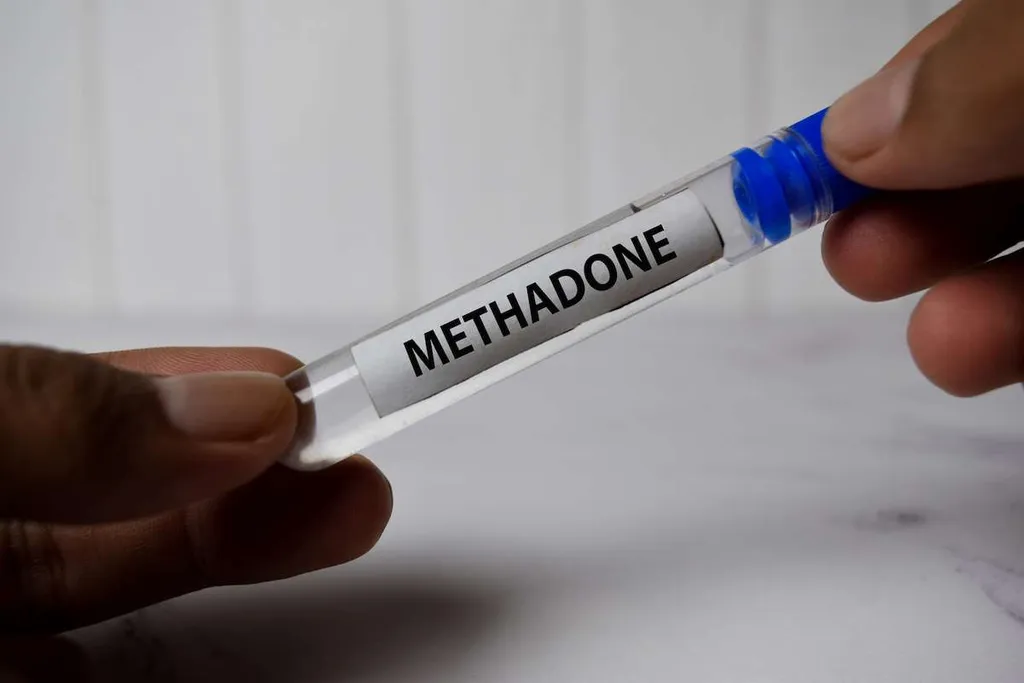
How Does Alcohol Affect Sleep?
By the end of your first month of sobriety, the benefits of better sleep, improved hydration, spending less and decreased calorie intake will be growing. You will likely have saved over $800 and avoided about 12,000 calories Halfway house or more, allowing you to lose at least four pounds. By the end of this first month, your recovery will be well underway, and your struggle with alcohol will begin to become more of a distant memory than a recent struggle.
- These changes often lead to a feeling of unrefreshing sleep, where individuals wake up tired and unrested.
- This disruption can also result in waking up feeling unrefreshed and foggy, impacting daily performance.
- This means that alcohol slows down your brain and nervous system, helping you feel relaxed and drowsy.
- Lastly, you shouldn’t underestimate the emotional toll of early recovery.
- When trying to catch up on your sleep, consider using sleep aids that may help with recovery.
- Taking advantage of these services can help you better understand the underlying factors behind your addiction and give you the tools you need to make lasting change.
- Even if you’ve only been sober for 1 day, there’s someone who can use your guidance that is at day 0.
How Long Does a Growler Last? A Detailed Guide To Keeping Beer Fresh
This experience is sometimes referred to as sobriety fatigue or sobriety exhaustion. Alcohol has the potential to worsen sleep apnea due to its muscle-relaxing effects. Hot flashes are sudden feelings of intense warmth, often accompanied by sweating and how to stop alcohol making you sleepy a flushed face. For women already navigating the challenges of this life stage, alcohol can add another layer of sleep disturbances.
Is a Nightcap Before Bed Still Okay?
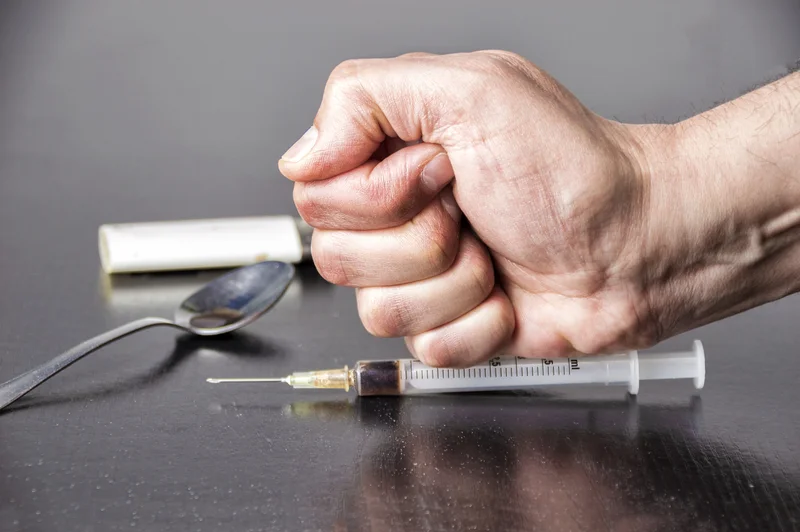
We’re also well aware of the many challenges you may encounter throughout your recovery journey. We use these insights to help our patients develop the skills and strategies that can empower them to resist relapse and reap the many benefits of lifelong sobriety. Over time, the exhaustion will fade, your energy will increase, and you’ll start to feel better than you have in a long time. When you quit drinking for good, the exhaustion can be more intense than a typical hangover. Your alcohol use disrupted the normal functioning of your system, and now that the substance has been eliminated, your body is working to get back to normal. As you work your way back to health, eating a healthy, balanced diet will be essential to your recovery.
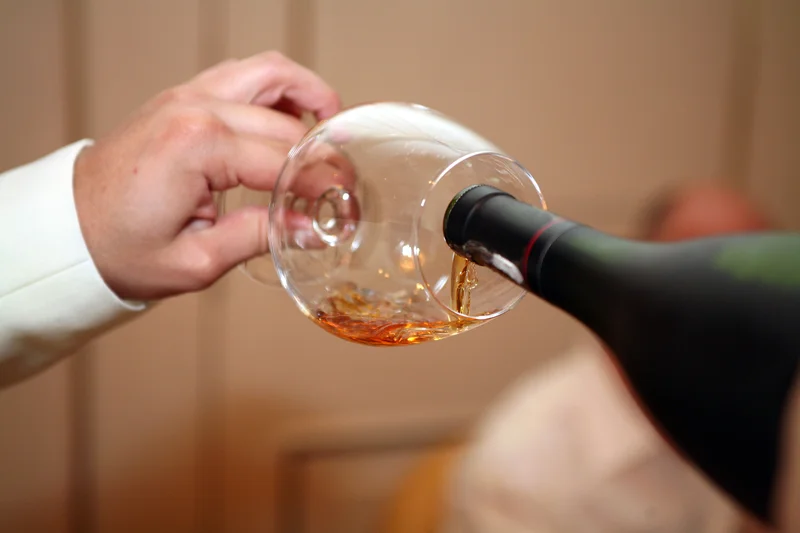
This is mostly because alcoholic drinks affect GABA-A receptors in the brain indirectly. The occasional bad night’s sleep may be unpleasant, but is unlikely to have a lasting effect. However, studies have shown that a continuous lack of REM sleep can negatively affect memory and learning, may impact our emotional abilities and increase the chance of migraine. Poor sleep has also been linked to an increased likelihood of mental health problems such as anxiety and depression, hypertension, obesity, heart attack and stroke.
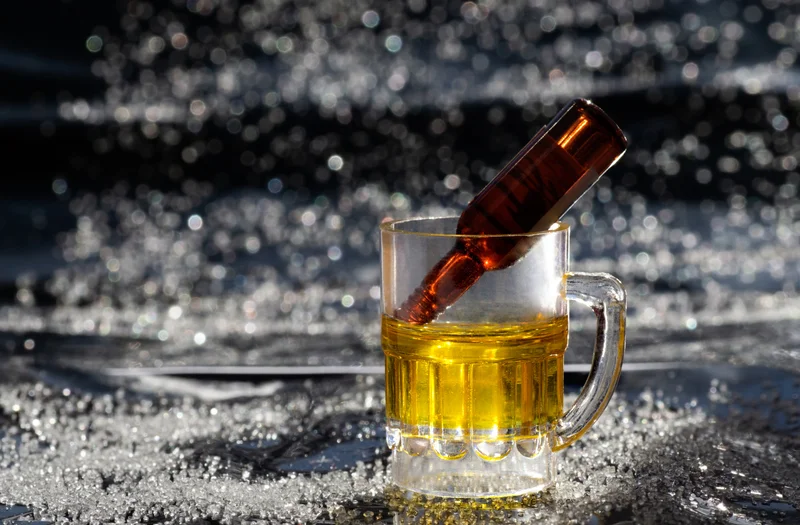
What is present in Beer And Liquor? The Prime Ingredients
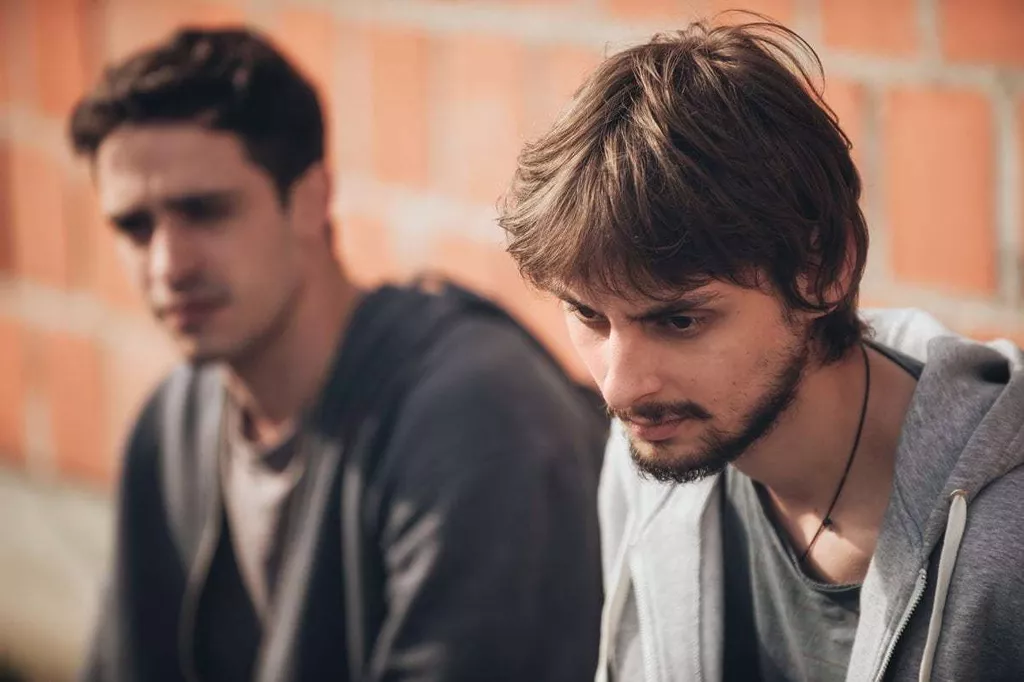
The body needs time to adjust to the lack of these substances, which can cause fatigue and other withdrawal symptoms. Drinking too much alcohol can overstimulate the GABA pathways resulting in the tranquilization of the nervous system. That is why people who drink too much end up with desensitized GABA receptors, which lead to alcohol withdrawal symptoms because the brain is unable to regulate the receptors. Beer, in particular, is a common culprit in making people feel sleepy after drinking a significant quantity. Hops are a crucial component in making beer and according to doctors; it causes sleepiness.
See yourself as a person who doesn’t drink
It’s a protective mechanism, keeping us from pushing ourselves too far. Westman, J.; Wahlbeck, K.; & et al. “Mortality and life expectancy of people with alcohol use disorder in Denmark, Finland and Sweden.” Acta Psychiatrica Scandinavica. Stopping alcohol is worth it, but it can be an uncomfortable and even dangerous experience.
The 6 Stages of Mental Health Recovery
Alcohol slows down brain activity, inducing feelings of relaxation and sleepiness. Brittany Burke Robert, the author of this article, has written about health for Oprah Daily, Well+Good, Livestrong, Reebok and other publications and digital brands for over 15 years. She has extensive experience working alongside clinicians and providers to create physical and mental well-being content that’s useful, informative, and clinically effective.